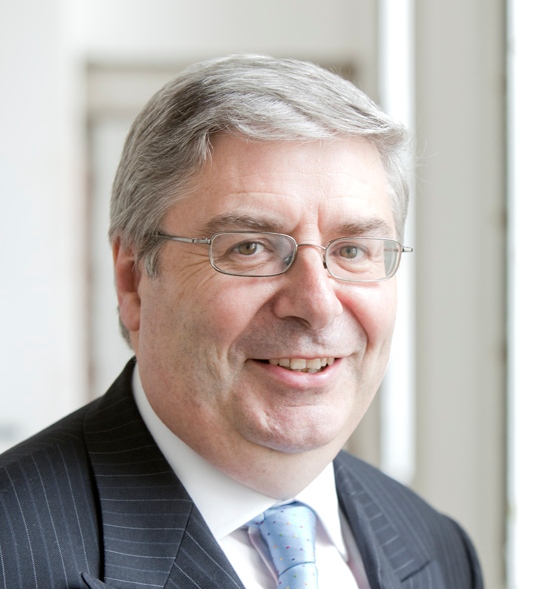You might think that only the British would do something as apparently mad and eccentric as collecting, cataloguing and preserving plant seeds. It seems, however, that we are not alone; there are apparently over 1000 seed banks across the world, albeit many are specialised, including the Svalbard Global Seed Vault in Norway opened in 2008, the Australian Grains Seedbank in Victoria, Australia, opened in 2014, the National Center for Genetic Resources Preservation in Colorado, USA, the Vavilov Institute of Plant Industry in St Petersburg which survived the Second World War and the BBA (Beej Bachao Andolan — Save the Seeds movement) began in the late 1980s in Uttarakhand, India.
It is here in Britain, however, that we have the largest and most ambitious in the world with the Millennium Seed Bank, opened in 2000, designed by Stanton Williams and nestling into the grounds of Wakehurst Place, the West Sussex home of Kew Gardens, with extensive gardens set around the old Elizabethan mansion. The ambition is huge – ultimately to store seeds of every wild plant in the world, with the aim of 25% by 2020, concentrating on plants at the greatest risk of extinction or having the greatest economic or ecological benefits for their communities, which Kew supports by germinating seeds for new planting. Whether 100% will ever be achieved is an interesting question as, astonishingly in the 21st century, new varieties are still being discovered.
The public areas on the ground area allows glimpses into the scientific laboratories alongside a series of exhibitions explaining the scientific importance of the Seed Bank, the journey of a seed from arrival at the Seek Bank to storage, aftercare and, perhaps, germination, trees at risk in Britain and planting for climate change.
While our politicians currently seem to be doing their best to destroy Britain’s reputation in the world with their never-ending arguments over Brexit, it is scientists such as those at Wakehurst that continue with excellent work of international importance that maintains our position as a scientific leader in the world.












